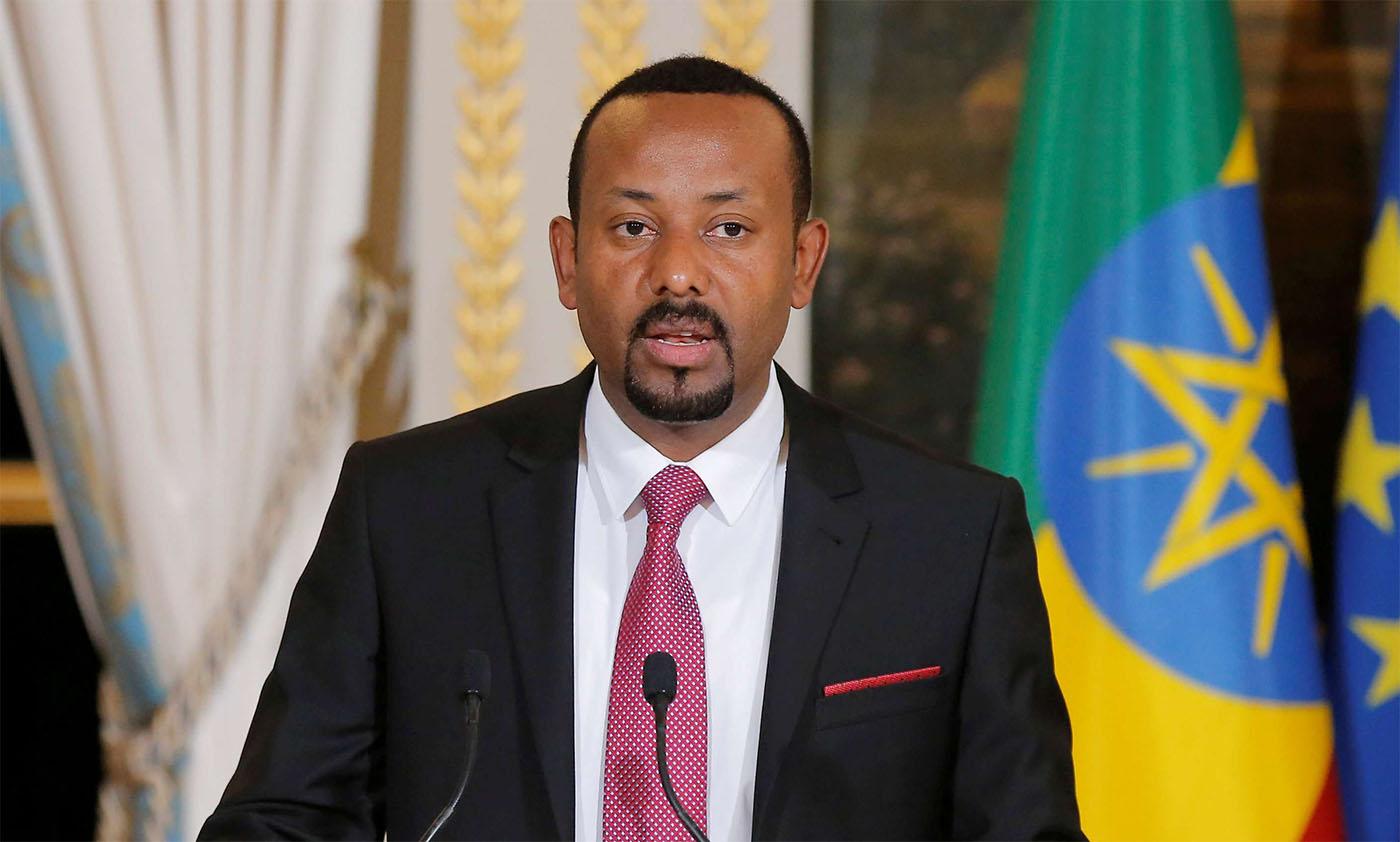
Sierra Leone began a week of mourning Wednesday as it emerged that 105 children were among more than 300 people who perished in mudslides and torrential flooding, in one of the country’s worst natural disasters.
With 600 people still missing in Freetown, President Ernest Bai Koroma described the humanitarian challenge ahead as “overwhelming”.He said flags would fly at half-mast and called for urgent help after visiting the devastated hilltop community of Regent on Tuesday.
Aid organisations meanwhile warned that the rainy season was not yet over and that more flooding could arrive at any moment in the west African coastal city of around a million people.
Officials at Freetown’s central morgue said Wednesday that 105 of the more than 300 officially dead were children. An independent but unofficial morgue estimate put the toll at 400 dead.
The government of Sierra Leone, one of the poorest countries in the world, has promised relief for what the Red Cross says is more than 3,000 people left homeless by the disaster.
The authorities have opened an emergency response centre in Regent and registration centres to count those left on the streets.
Several UN agencies have ramped up efforts in Freetown, including the World Food Programme’s (WFP) distribution of two-week rations of rice, pulses and cooking oil to 7,500 people. The first Israeli aid packages arrived and west African governments delivered cash and rice.
Mass burials to begin
Speaking to AFP at the mortuary at the Connaught Hospital, technician Mohamed Sinneh Kamara said his team lacked equipment to process and identify the bodies still piling up.
“We have logistical constraints including a lack of gloves, PPE (personal protective equipment) and rain boots,” he said as families gathered to identify their loved ones’ bodies.
Mabinty Sesay’s family had gone to Regent for an all-night prayer session when their church was buried in the mudslide. “I have lost 13 of my family members but was only able to identify two,” she told AFP at the morgue.
One woman collapsed after seeing her husband’s dead body among the piles of corpses, amid a powerful stench of decomposing flesh.
The Red Cross clarified that burials which took place on Tuesday were of body bags filled with missing parts of corpses. The government said mass burials of unidentified bodies still at the morgue would take place on Thursday and Friday.
“The situation with all the dead bodies now… No one is able to identify anyone. So as the president said, let the mass burials go ahead,” said Adizah Conda at the morgue after losing seven members of her extended family.
The victims will be laid to rest in graves alongside those of the country’s last humanitarian disaster, the Ebola crisis, in nearby Waterloo.
Shock to anger
Adele Fox, national health coordinator for Sierra Leone at the charity Concern Worldwide, told AFP that the search for bodies continued but that survivors were facing difficult conditions.
“There is basic need for food, water, sanitation equipment and medical assistance. Since it is still the rainy season, further flooding is also a possibility,” she said.
The prevailing sentiment among those in the disaster areas had shifted from shock and grief to anger at what is an annual problem in Freetown, she said, though never before on this scale.
The British charity Oxfam said it was trying to prevent a cholera outbreak by distributing clean water and hygiene kits to 2,000 households.
“These are some of the poorest areas in Freetown. Water and sanitation in homes is at best very basic, but at worst nonexistent.
“Overcrowding is a serious health risk and a potential breeding ground for the spread of disease,” said Daniel Byrne, part of the Oxfam team in the city.
Britain’s international development ministry said it was supplying tents and generators, while its military personnel had helped with relief efforts. Food and medicine would follow, it added.
The European Union released 300,000 euros ($353,000) in emergency funds, while Senegalese and Ivorian delegations handed over cash and food to President Koroma, following the lead of Guinea’s president on Tuesday.
– Wake-up call? –
There was growing concern that the warning signs had been missed in a city where illegal construction on precarious ground is common.
President Koroma said in a statement released by his office that “relocation and opening up of a new settlement around the Freetown peninsula” would be considered.
Many homes are now without a water supply due to damage to a reservoir near Regent, according to the Guma Valley Water Company.
Three days of torrential rain culminated on Monday in the Regent mudslide and torrential flooding elsewhere in the city, one of the world’s wettest urban areas.
Freetown is hit each year by flooding during several months of rain, and in 2015 bad weather killed 10 people and left thousands homeless.
Sierra Leone ranked 179th out of 188 countries on the UN Development Programme’s 2016 Human Development Index, a basket of data combining life expectancy, education and income and other factors.






